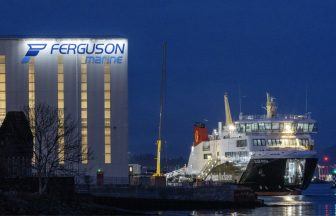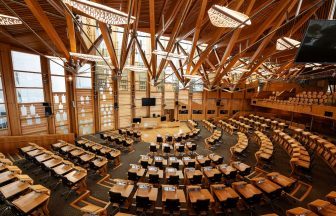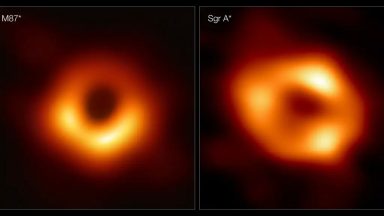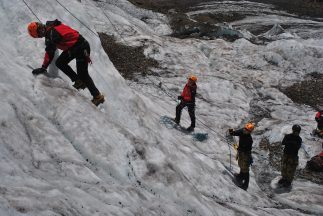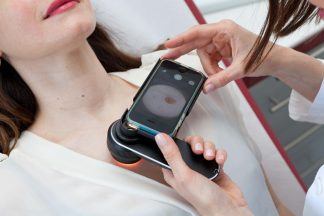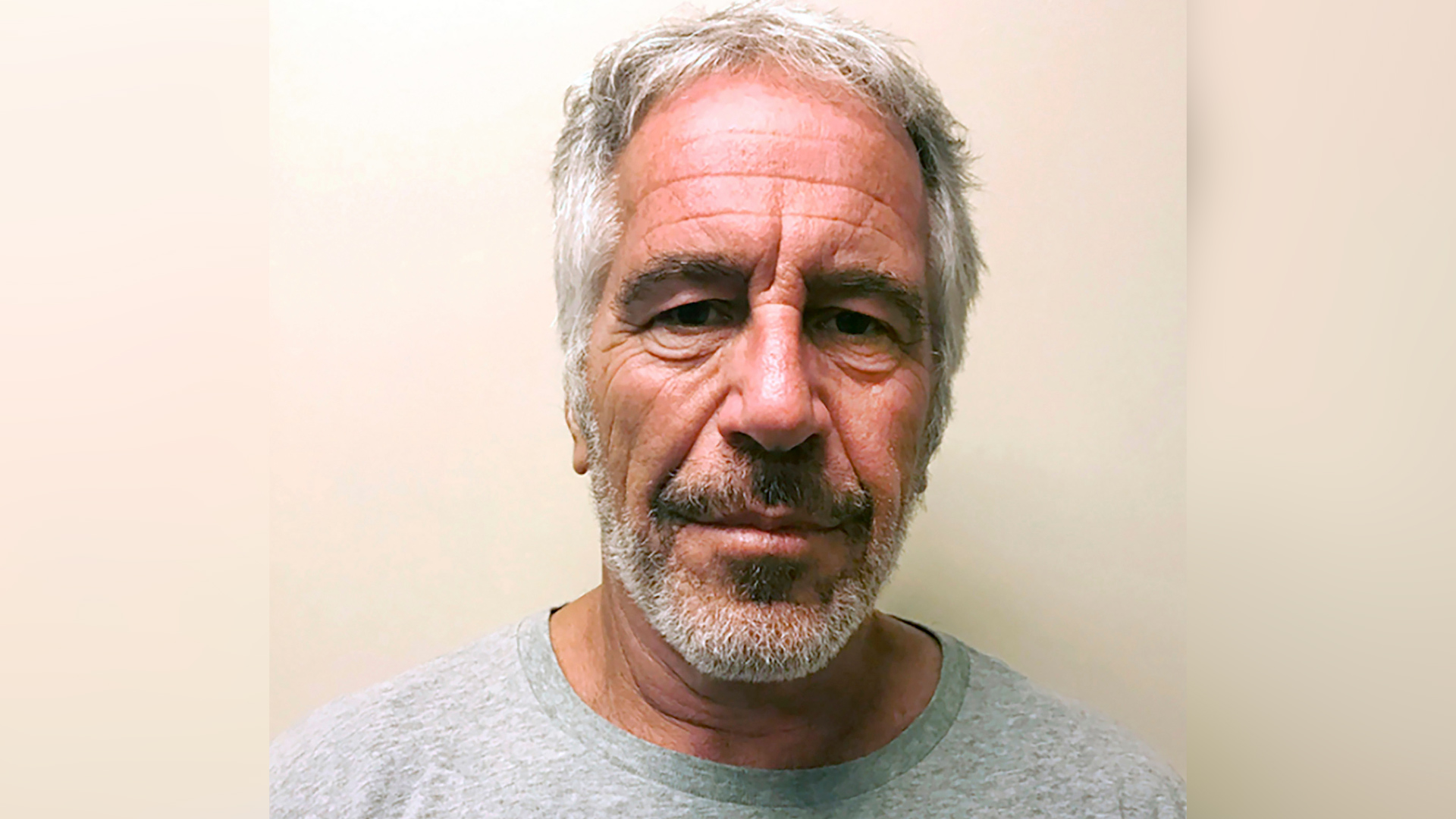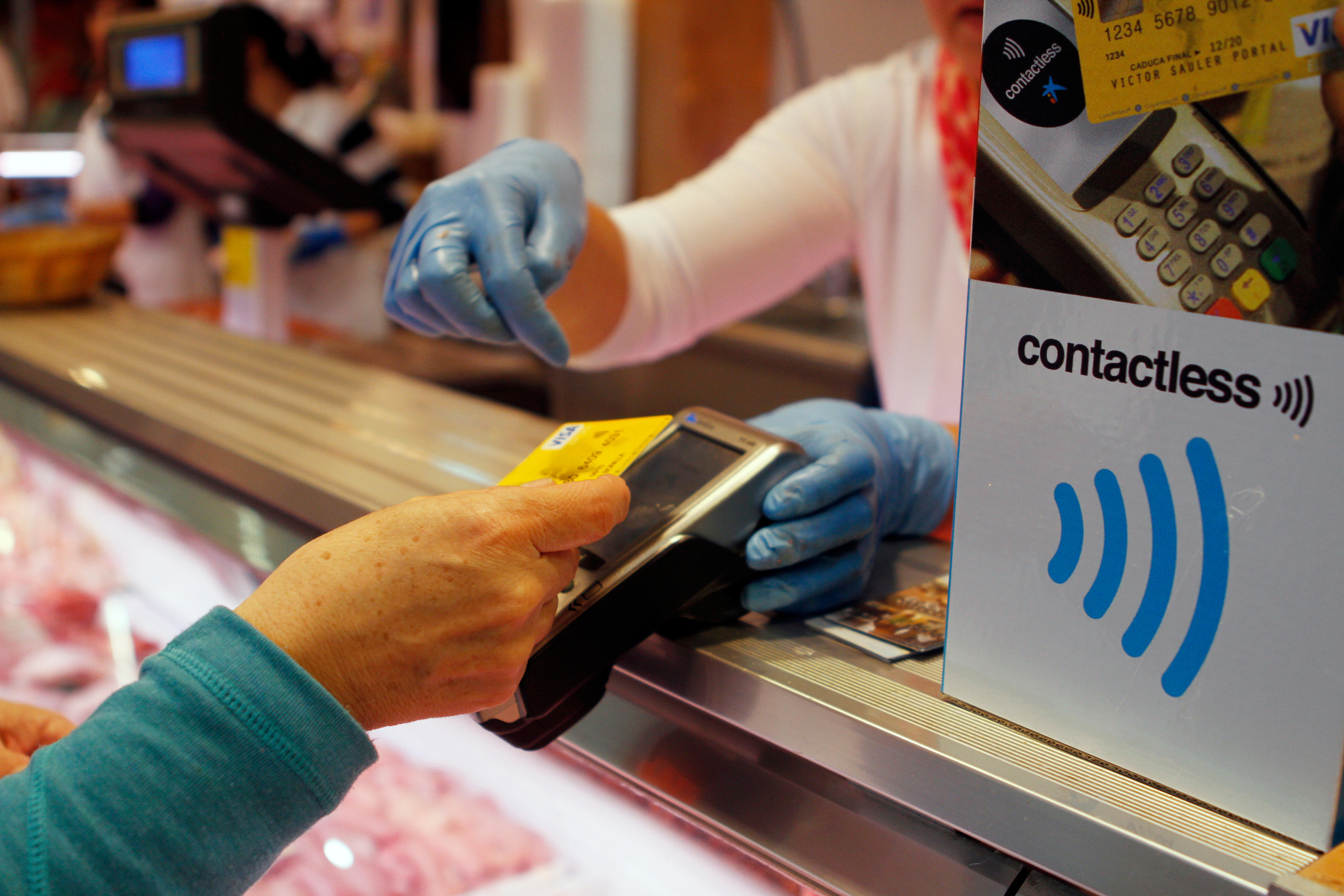The number of drug-driving cases in Scotland could soon exceed drink-driving offence figures.
A Scottish Police Authority agenda paper for the body’s Forensic Services Committee says an estimated 800 cases a year were predicted during development of capacity for a new toxicology service in 2017.
Last summer, ahead of the legislation and roadside testing being introduced in October 2019, the required capacity was then increased to an estimated 1000 cases annually.
The new legislation introduced a near-zero limit for drugs most associated with illegal use, including cocaine, cannabis, ketamine, LSD, meth, ecstasy and heroin and removed the need to prove impairment.
The paper states: “The actual work being received by Forensic Services has been considerably higher than the service provision in place to the extent that now volumes exceed current capacity by in the region of 200%.”
An SPA Policing Performance Committee meeting in May found drink/drug-driving offences had increased by 12.9% from the previous year, with drug-driving legislation and roadside testing accounting for 616 of those cases.
Increases have also been noted in England and Wales, which the paper says was not known when capacity was being developed in Scotland – despite Police Scotland working with other forces at the time the capacity forecast was increased from 800 to 1000.
It adds: “The learning from England and Wales does indicate that the volume of drugs-driving cases is likely to exceed that of drink-driving in the near future”.
The Scottish Government has also provided £180,000 of funding, according to the paper, “for the one-off procurement of additional instrumentation necessary to increase service capacity”.
Tom Nelson, SPA Forensic Services director, said: “Demand for drug-driving toxicology analysis by Forensic Services has far outstripped the demand originally estimated when the changes to the Road Traffic Act 1988 were enacted in Scotland on October 21 2019.
“While the originally estimated number of cases was around 800 per annum, this estimate soon rose to around 1000 per annum and the Scottish Government provided an additional £180,000 to procure additional instrumentation necessary to increase Forensic Services capacity.
“With the number of cases still steadily increasing, this year there could more than two or three times as many samples for analysis than the original estimated figure and the number of drug-driving cases could soon exceed those for drink-driving.”
He added: “To examine, detect, and quantify each of the 17 drugs is complex and time-consuming work.
“The Forensic Services process passed independent review to the recognised laboratory standard ISO 17025 by UKAS – the UK Accreditation Service.”
The Scottish Government has been contacted for comment.
Follow STV News on WhatsApp
Scan the QR code on your mobile device for all the latest news from around the country







